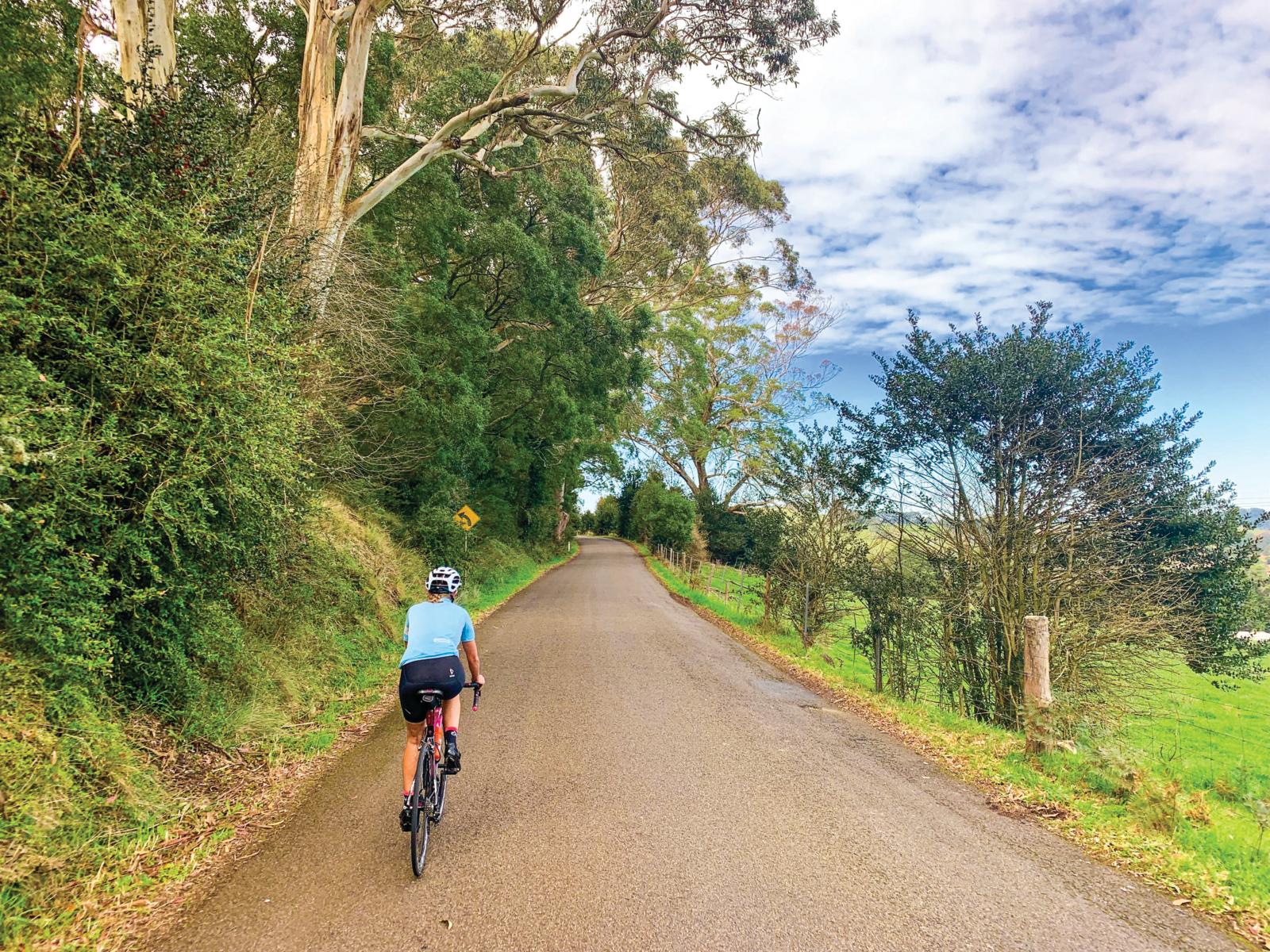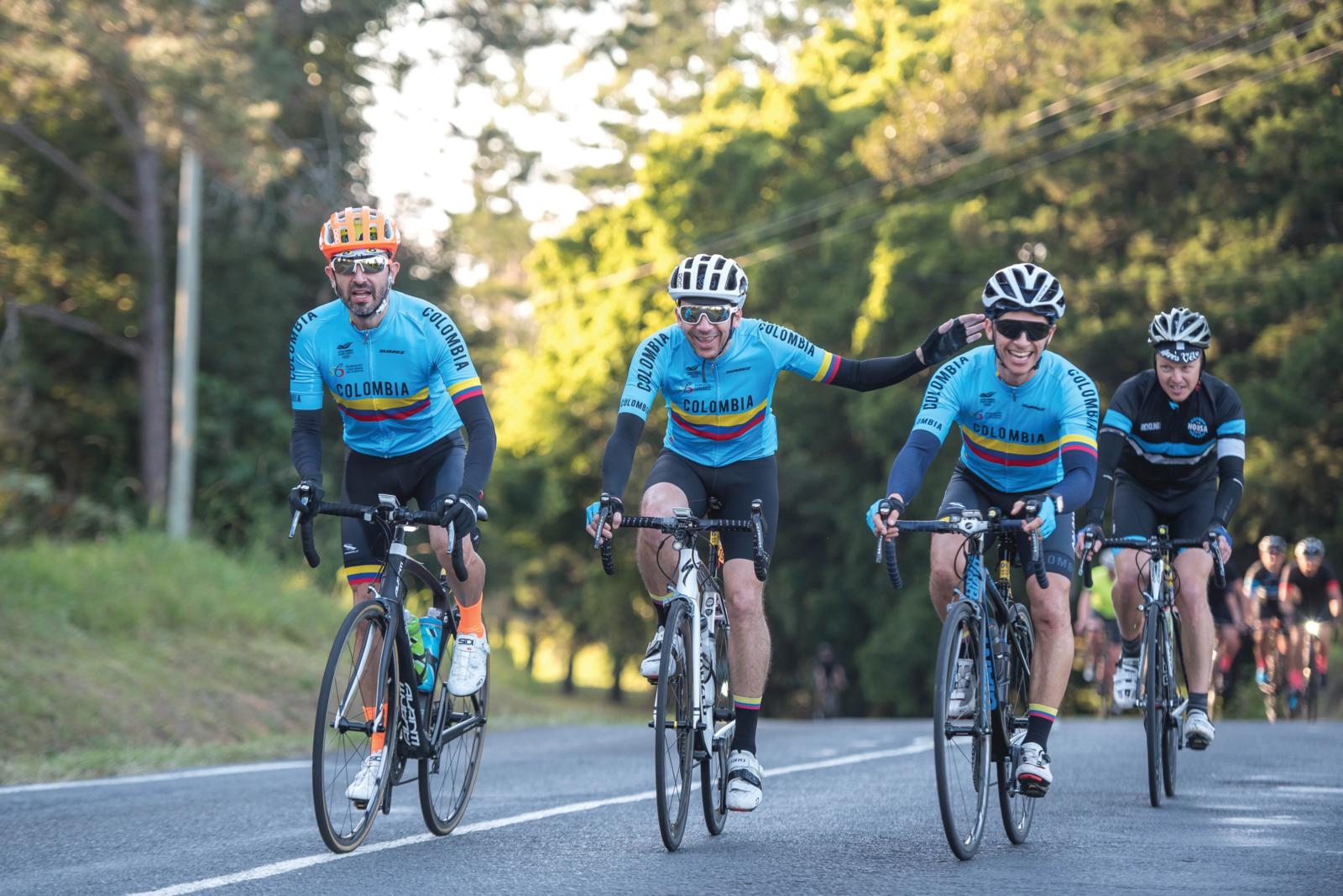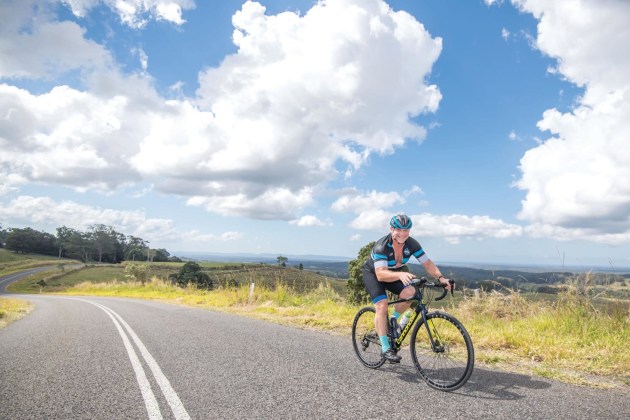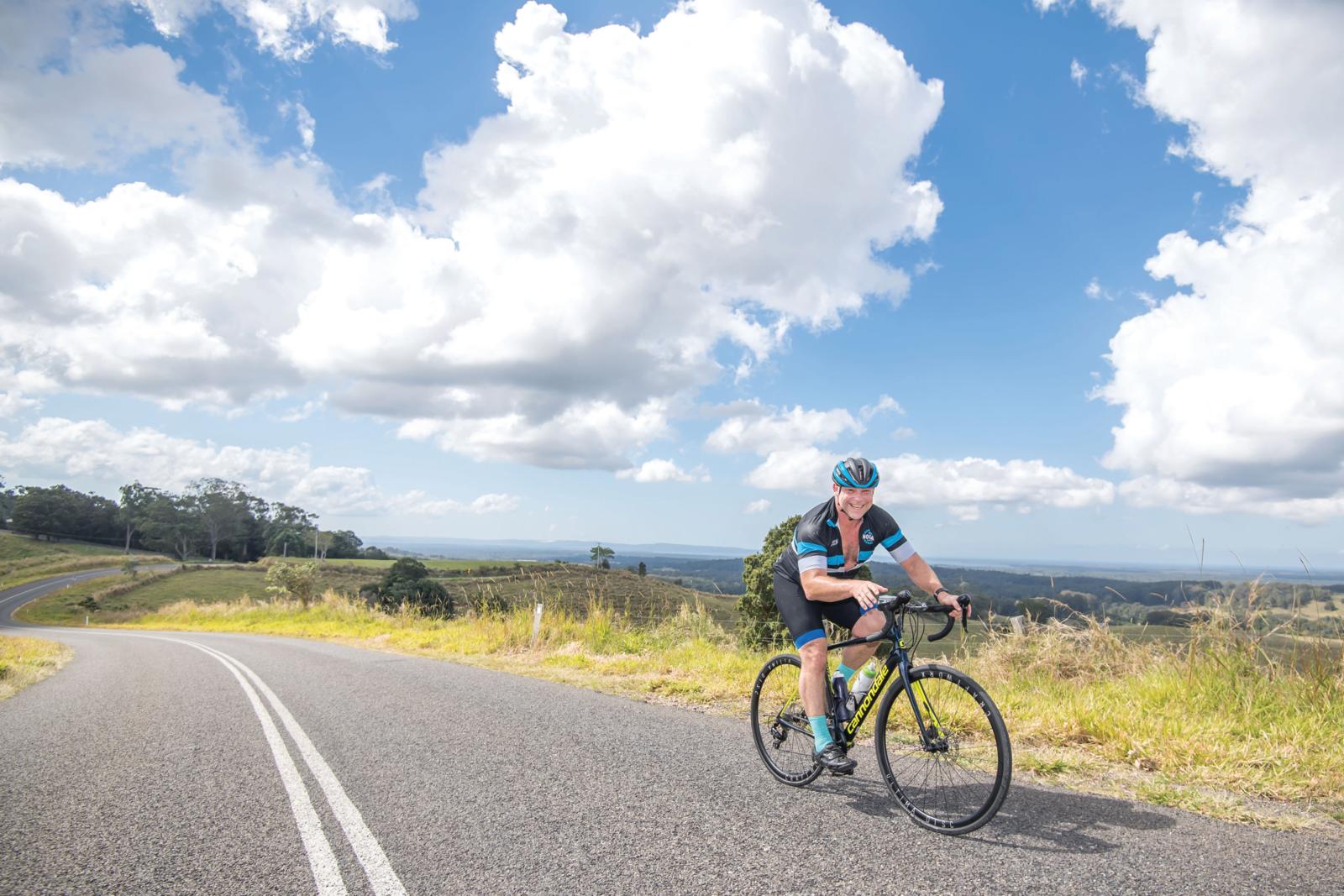Should doctors be prescribing cycling for mental health and well-being? Yes, say a growing number of pre-eminent specialists, as Nicola Rutzou explains.

To most cyclists, the idea of prescribing cycling to improve mental health and well-being is pretty obvious really. People who ride regularly usually don’t visit their GP as often as others, and when they do they are congratulated for their active lifestyle.
In Wales there’s a program being trialled to actually prescribe cycling for improved mental and physical health. The pilot program, the first such initiative in Britain, according to the health board that is leading it, reflects an effort by medical professionals around the world to give patients alternatives to drugs, in order to avoid side effects and improve cost efficiency.
Patients at two medical centres in the Welsh capital Cardiff are offered six-month subscriptions to a bike-rental service that allows them to take unlimited free rides of up to 30 minutes at a time.
This program is part of a wider trend called social prescribing where GPs and other frontline healthcare professionals refer patients to a link-worker who works with them to design their own personalised ‘social prescription’, often using services provided by the voluntary and community sector.
General Practitioner Dr Catherine McInnes who is also a cyclist herself says a number of good quality studies support the theory that moderate exercise is beneficial to both physical and mental health.
“Exercise is especially beneficial for mild to moderate depression (and perhaps also for anxiety), so I often encourage my clientele to exercise as part of their treatment and relapse prevention. Difficulty with motivation can be a problem with depression so engaging others, such as finding a training buddy or joining group rides, can be a good way of staying on task,” said Dr McInnes.
Happy Brain Chemicals
So why is cycling so good for our mental health? Cycling improves your mood, reduces anxiety, and allows you to handle stress more effectively by increasing the levels of serotonin and dopamine production in our brains. These chemicals make us feel ‘happy’ when they are released in our brains, and they are not the only feel-good chemicals produced when we ride.
Our bodies also produce endorphins and cannabinoids from the same chemical family associated with cannabis, although these are naturally produced by our bodies.
Relieves anxiety and stress
Cycling can also help relieve anxiety and stress. Our stress hormone or cortisol is reduced while cycling or exercising. Apart from this, BDNF or Brain-Derived Neurotrophic Factor is released when we exercise that helps in protecting our brain from stress. This helps in generating happiness and improving memory too.

Increased Confidence
Cycling also helps improve self-confidence. The serotonin mood neurotransmitter released while cycling aids in keeping us stable, socially and emotionally. It helps in enhancing positive feelings, self-esteem, and self-confidence. Apart from this, cycling gets you in shape physically and it helps you in improving your confidence too.
Psychologist Amanda Edkins who is also a keen road cyclist sees exercise as a key tool in treating depression and anxiety. “In psychology, whenever we evaluate effective treatments for depression and anxiety, exercise will always feature close to the top of the list. It tends to rate as effective as most anti-depressant medication or counselling alone.
“In fact, when first assessing patients who are referred for mental health or mood disorders, I take a careful look at the three things which are the bedrock of good mental health and functioning – diet, sleep, and exercise. Without these three things being in reasonably balanced order then it is almost impossible for any of us to be feeling our best. Not only does exercise benefit our mental and physical health, it also has a positive impact on the other two areas.
“When we get enough physical exercise then we tend to sleep better and have more regular sleep patterns, and we are generally more focussed on eating well and staying hydrated. For that reason, I will often start with interventions that include exercise and the other changes tend to follow.
“Cycling is a particularly good choice of exercise when it comes to improving mood and mental health. As we know, any vigorous exercise increases endorphins and builds serotonin levels in our brains, but cycling also has the benefit of being an outdoor activity that can be highly social.
“Sunlight has been shown to be effective in improving mood and well-being. Not only does sunlight encourage the production of serotonin, but it also helps us to regulate our sleep patterns. It also increases vitamin D in our bodies which, along with improving our bone health, is important for our mental well-being.”

Social Contact and Goal Setting
Amanda Edkins also emphasised that social contact is a key element in treating depression.
“When we have a low mood or feel depressed or anxious we tend to hide ourselves away and have little interaction with others. Cycling with friends or joining a social cycling club is a great way for people to start getting back to face-to-face contact rather than rely on social media/phone contact. It provides a focus for connecting with others and a reason to get out of the house.
“Cycling is also a sport that has something for everyone when it comes to setting goals and involvement in the community, both highly important elements in building our confidence and well-being. The pride we feel in ourselves when we achieve a goal such as going on a group ride for the first time or cycling our first 25km really makes a difference to our mood and future motivation. It creates a momentum that carries us towards better mental health and happiness,” said Amanda.
For Some, A Life Saver
Cyclist Paul Mitchell (not his real name) says that cycling has played a really important role in his mix of treatments for depression, a condition that he was diagnosed with about six years ago after his marriage broke down. “Over a number of years, I’ve found the right mix of treatment options for me including medication, diet, meditation and psychologist visits. But the most enduring has been riding my bike. It’s impossible to know for sure of course, but I often wonder if I’d even be alive today if it weren’t for cycling.
“I find riding regularly is essential for my mental well-being. And it’s not just the feel-good hormones that I benefit from, but the distraction of focusing on something different, and the social interaction that cycling provides. If I take a few days off, my partner reminds me of how much better I feel when I’m riding regularly, so I guess I’m harder to live with when I’m off the bike,” he said.
And he’s not alone in finding that cycling has a very positive impact on his mental health. There’s a cycling group founded in Melbourne called Knights of Suburbia which is a community of women and men with a passion for cycling—whether it be crit racing, commuting or coffee shop rolling.
On their website, they say, “We cycle for physical and mental health, for the sense of community, for adventure and most importantly, for fun. But what unites us is our mission and sense of purpose: to change the culture around mental health by raising awareness, stopping the stigma, starting conversations and empowering people to develop well-being and resilience in overcoming life’s challenges.”

Mindfulness
Sir Arthur Conan Doyle was ahead of his time when he wrote in an article in 1885 for Scientific American: “When the spirits are low, when the day appears dark, when work becomes monotonous, when hope hardly seems worth having, just mount a bicycle and go out for a spin down the road, without a thought on anything but the ride you are taking.”
He probably didn’t call it mindfulness at the time, but he was talking about that feeling of being completely engaged with what you’re doing and where you are at a particular moment in time. Mindfulness is about focusing on the present moment, instead of dwelling on the past, or fixating on future events, nothing to think about except keeping the pedals turning. This gives your brain a welcome break from brooding thoughts that are often a major component of depression.
Alongside mindfulness, cycling is also great for creative thinking. The ability to exercise while getting fresh air helps to sharpen problem-solving skills as well as creativity. A lot of cyclists will tell you they have an addiction to riding, and this positive addiction is a great way to refocus your mind’s energy into a positive place.
So cycling should definitely be prescribed more often by doctors. It’s not a complete panacea on its own, but cycling, and more broadly exercise, can play a major part in the treatment of mental health conditions like depression. More than likely for most people plagued by the black dog there will be a mix of treatments to complement their pedalling.
Why cycling is so good for mental health:
- Vigorous exercise increases feel-good chemicals in our brains
- Cycling and other forms of exercise leads to better sleep and more regular sleep patterns which is very important for good mental health
- Sunlight has been shown to be effective in improving mood and wellbeing and riding a bike gets you outdoors
- Social contact is a key element in treating depression and cycling can be highly social, particularly those post-ride cafe visits
- Goal setting is a highly important element in building our confidence and wellbeing, whether it be local club racing or challenging yourself to complete a long ride
- All of this can improve self-confidence and self-esteem which is a key indicator of good mental health.


